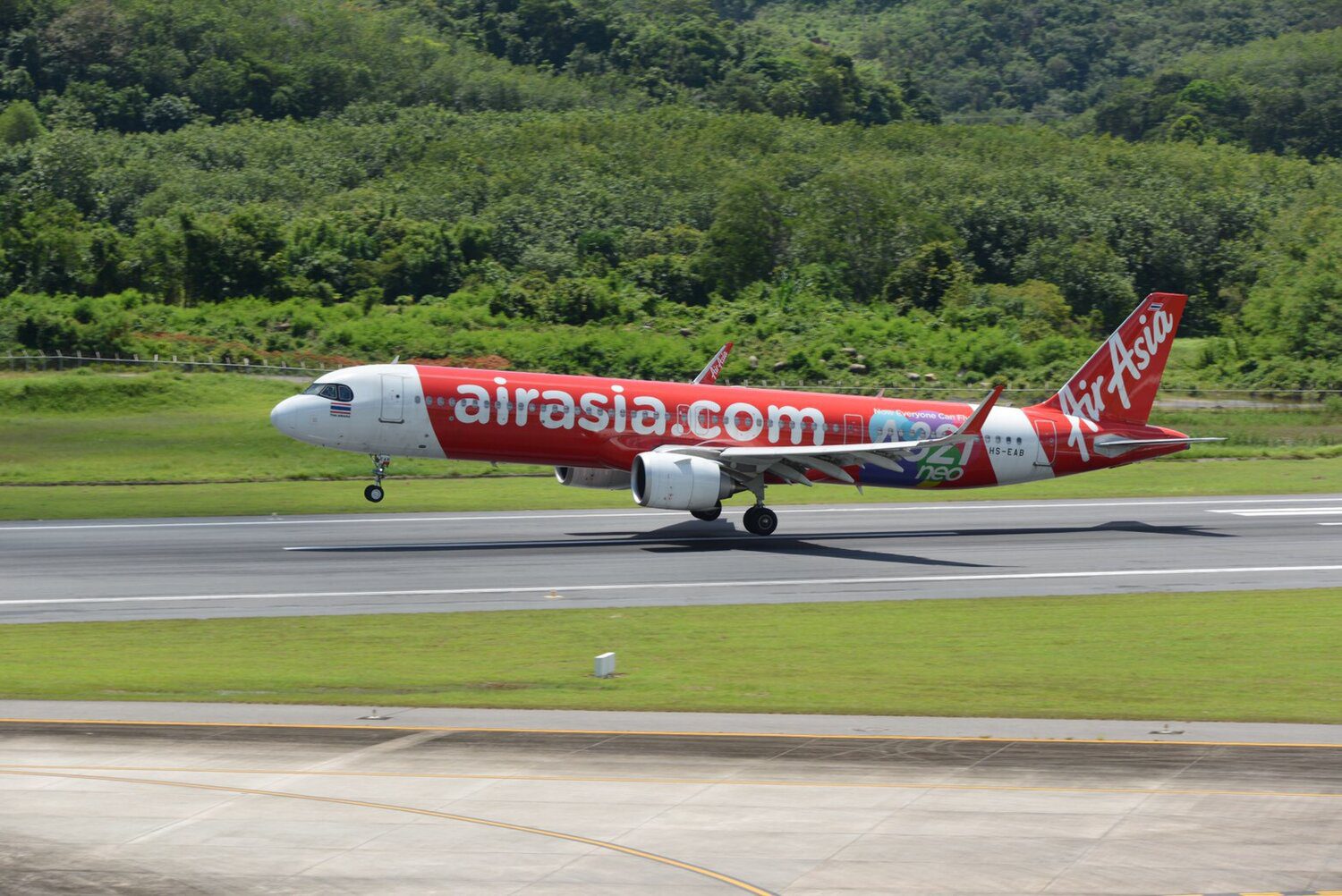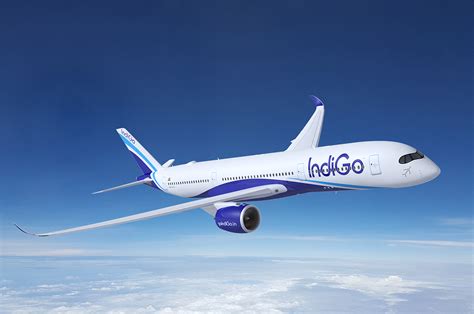
AirAsia A321Neo
AirAsia Group is renaming the holding company of its airlines as part of the group’s plans to create a clear distinction between the airline and digital operations. This has resulted in the holding company, AirAsia Investment, being rebranded as AirAsia Aviation (AAAL). In line with the rebranding, Bo Lingam, who was the former president of airline operations, was named as chief executive of AAAL. He will have oversight of four airlines within AirAsia Group: AirAsia Malaysia, Philippines AirAsia, Thai AirAsia, and Indonesia AirAsia.
AirAsia Group says it will act as the investment holding company for eight digital portfolio companies. Other than the airline business, portfolio companies include the cargo and logistics arm Teleport, financial services, engineering arm Asia Digital Engineering, and ground services division GTR.
“This structural change helps facilitate strong projected growth in both airline and non-airline portfolio businesses,” says Lingam. “The AirAsia Aviation Limited entity holds our existing airline investments and paves the way for new airline ventures to be formed in due course.”
AirAsia Group’s corporate structure as of 30 September shows that the former AirAsia Investment held stakes in carriers operating in India, Indonesia, the Philippines, and Thailand. The Malaysia airline operations, AirAsia Berhad, were held separately, as a direct subsidiary of AirAsia Group.
Lingam goes on to say that a consulting division has also been established under the name of AirAsia Consulting, which has been tasked with reviewing new airline partnerships and franchise opportunities, while also implying that AirAsia may expand into a new market within Southeast Asia.
“We look forward to the opening of international borders as the next key milestone. We will continue to review new markets to operate from in the future, like Cambodia for example when we can connect Asean once again with the best value fares and lifestyle offerings,” says Lingam.
Lingam’s comments build on a remark made by AirAsia Group’s chief executive, Tony Fernandes, during AirAsia Group’s third quarter of 2020 financial results in November 2020. At the time, Fernandes said: “We are also actively exploring opportunities for a local airline presence in Indochina”, although he did not elaborate any further at the time.
Japan’s civil aviation authority clears mixed fleet flying for A380s and A320s
Japan’s Civil Aviation Bureau (JCAB) has given its approval for All Nippon Airways to operate a mixed fleet flying (MFF) for the Airbus A380 and A320 family aircraft, making it the first operator in the world to introduce the MFF scheme between the two types.
Airbus says the MFF is “unique” to Airbus aircraft. As a result of the flight deck and aircraft control systems, pilots can be certified to operate more than one type of Airbus fly-by-wire aircraft on a “regular and concurrent basis”. For ANA specifically, pilots can fly on a mixed pattern of short-haul and long-haul services.
It goes on to say that the commonality from the flight deck is also reflected in the passenger cabins, with the “unique level” of technical commonality between the different Airbus fly-by-wire aircraft also streamlining maintenance procedures.
The MMF also allows carriers to operate differently sized aircraft at short notice without crew-scheduling difficulties, making it easier for them to match aircraft capacity to passenger demand.
“We are pleased that A320 and A380 MFF operations were approved by JCAB and that ANA has become the world’s first airline to introduce it,” says Stéphane Ginoux, the head of North Asia region for Airbus and president of Airbus Japan. “MFF offers airlines increased flexibility and cost-efficiency and has become one of the keys to Airbus’ success. For airlines, the increase in revenue hours flown by pilots due to less standby and downtime results in a significant improvement in productivity.”
Thai Airways International to resume scheduled international flights: report
Thai Airways International plans to resume scheduled international services on 36 routes from 31 October, following Thailand’s plans to open up the country to foreign tourists on 1 November, reports the Bangkok Post.
A Bangkok Post report mentions that seven of the 36 routes Thai Airways intends to operate will support the Phuket Sandbox tourism scheme, where visitors can enter Phuket under certain conditions before allowing them to travel to other parts of Thailand after 14 days, while the remaining 29 would operate non-stop from Bangkok.
Thailand’s prime minister Prayut Chan-ocha on 11 October announced that fully vaccinated international visitors from select countries may enter the country without quarantine starting 1 November, with the list of countries to grow over the coming months.
Views: 8





